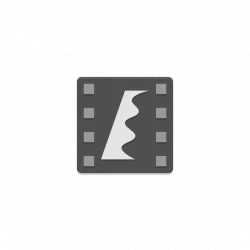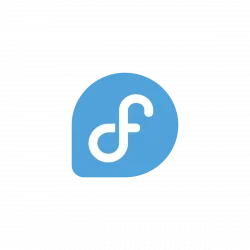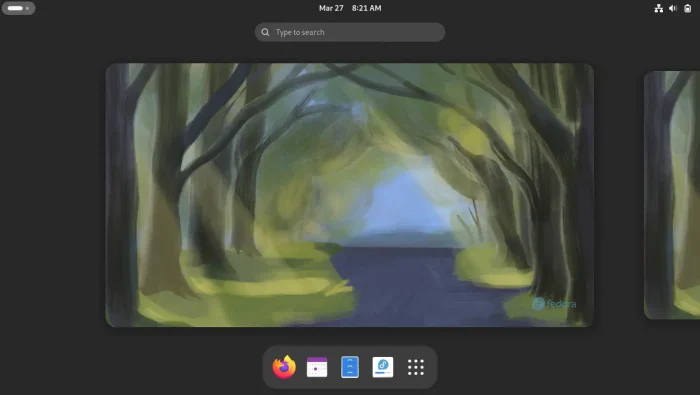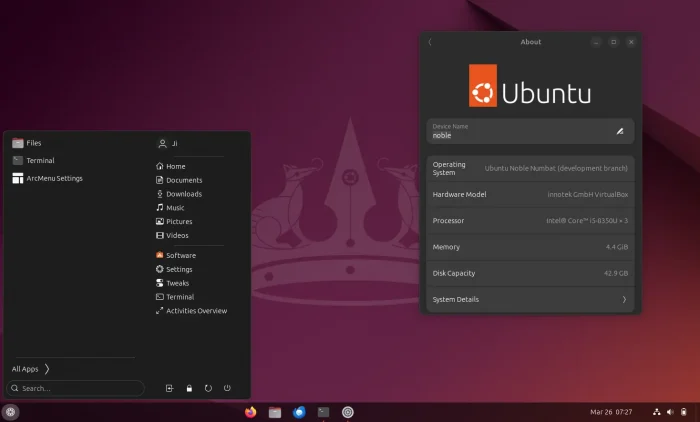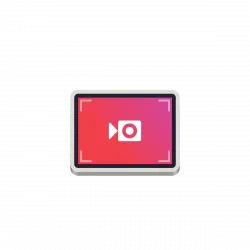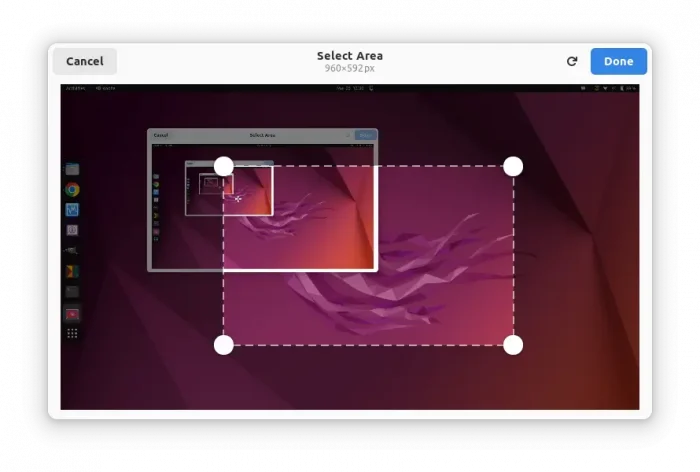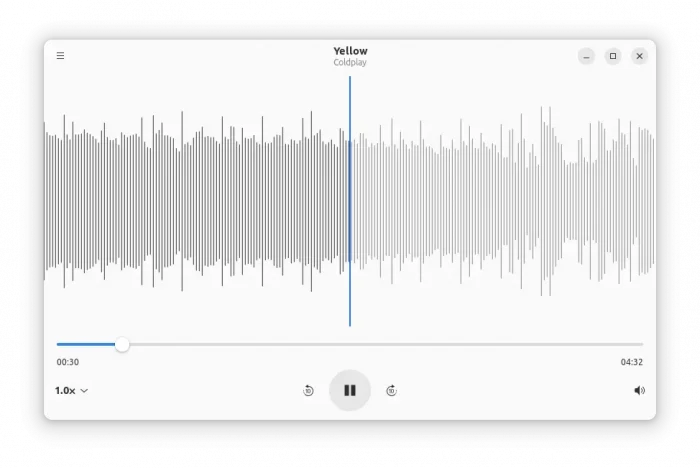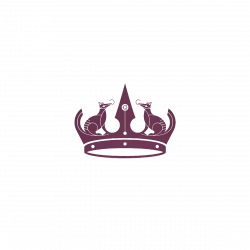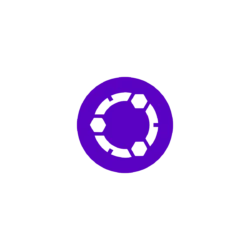Flowblade video editor released new major 2.14 version few days ago with exciting new features!
Flowblade is a free open-source multi-track non-linear video editor for Linux, that features built-in G’Mic Tool, batch encoding, and GPU accelerated (Vaapi and NVENC) video encoding.
The new major 2.14 version was released last Friday. It features initial USB jog/shuttle support, so far with following 3 devices support:
Continue Reading…



